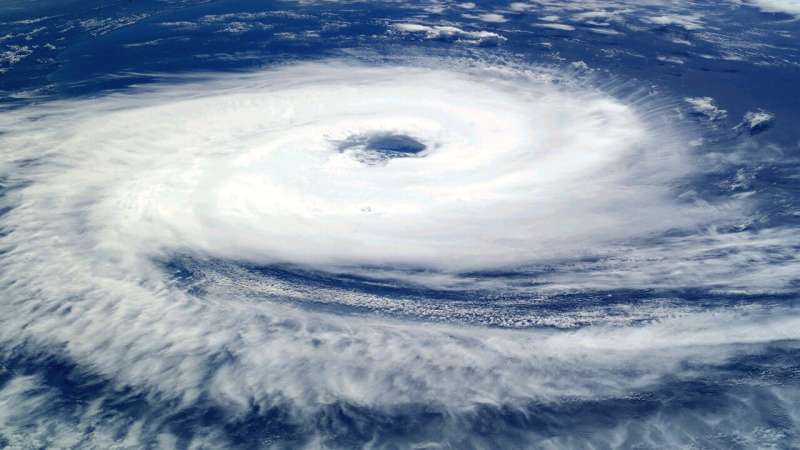Impact of Weather Disasters on US Pharmaceutical Supply Chain Resilience

A new study reveals that nearly two-thirds of US drug manufacturing facilities are in counties affected by weather disasters, risking supply chain disruptions amidst climate change. Experts stress the need for enhanced resilience and strategic planning.
Recent research highlights the increasing vulnerability of the United States pharmaceutical supply chain to weather-related disasters. In 2024, Hurricane Helene caused significant disruption by damaging a key facility in North Carolina, leading to a nationwide shortage of intravenous (IV) fluids. This situation echoes past events, such as Hurricane Maria in Puerto Rico in 2017, which similarly affected drug availability.
A comprehensive study conducted by the American Cancer Society (ACS) and published in the Journal of the American Medical Association (JAMA) revealed that nearly two-thirds of all U.S.-based drug manufacturing facilities are located in counties that have experienced at least one weather disaster declaration between 2019 and 2024. These disasters include hurricanes, wildfires, floods, tornadoes, and storms, and pose substantial risks to operations across the entire drug supply chain.
The study analyzed data from the FDA's Establishments Current Registration Site and FEMA disaster declarations, uncovering that out of 10,861 active facilities during this period, approximately 62.8% were situated in disaster-affected counties. Hurricanes were identified as the most prevalent climate-related threat, although all types of weather disasters impacted production sites.
Interestingly, the likelihood of counties with drug facilities experiencing disasters was statistically similar to that of counties without such facilities, indicating that relocating facilities may not be a viable strategy to mitigate these risks. Experts emphasize the importance of integrating disaster risk management into supply chain strategies to improve resilience.
The implications are significant for the continuity of critical health care services. Dr. Leticia Nogueira from ACS underscored the need for greater transparency and proactive planning to counter climate-induced vulnerabilities.
Furthermore, the chronic shortages of vital medications, including older generic sterile injectable drugs used in cancer treatment, are compounded by these environmental pressures. Advocacy efforts led by organizations like the ACS Cancer Action Network aim to address systemic vulnerabilities and develop data-driven solutions to prevent future disruptions.
Ensuring a resilient pharmaceutical supply chain amid the growing threats of climate change remains a pressing challenge that requires coordinated efforts across policymakers, industry stakeholders, and health care providers.
Stay Updated with Mia's Feed
Get the latest health & wellness insights delivered straight to your inbox.
Related Articles
Investigating the Causes of Lung Damage in Autoimmune Diseases
New research uncovers the role of immune cell exhaustion in lung damage caused by autoimmune diseases like systemic sclerosis and Sjögren's syndrome, offering potential for targeted therapies.
Benefits of Heart-Healthy Lifestyle Extend to Whole Body, New Study Reveals
Research from Emory University confirms that heart-healthy habits positively impact the entire body, reducing chronic disease risk and improving overall well-being.
Stable IVF and IUI Pregnancy Success Rates Across Europe Amid Rising Single Embryo Transfers
European reproductive health data shows stable IVF and IUI pregnancy rates in 2022, with increased use of single embryo transfer enhancing safety and outcomes. Learn about recent trends and progress in ART across Europe.
Blood Tests Enable Early Identification of Pregnancy Risks due to High Blood Pressure in Sierra Leone
Simple bedside blood tests can predict severe complications in pregnant women with high blood pressure, improving outcomes in resource-limited settings. A study in Sierra Leone demonstrates their potential to save lives.



